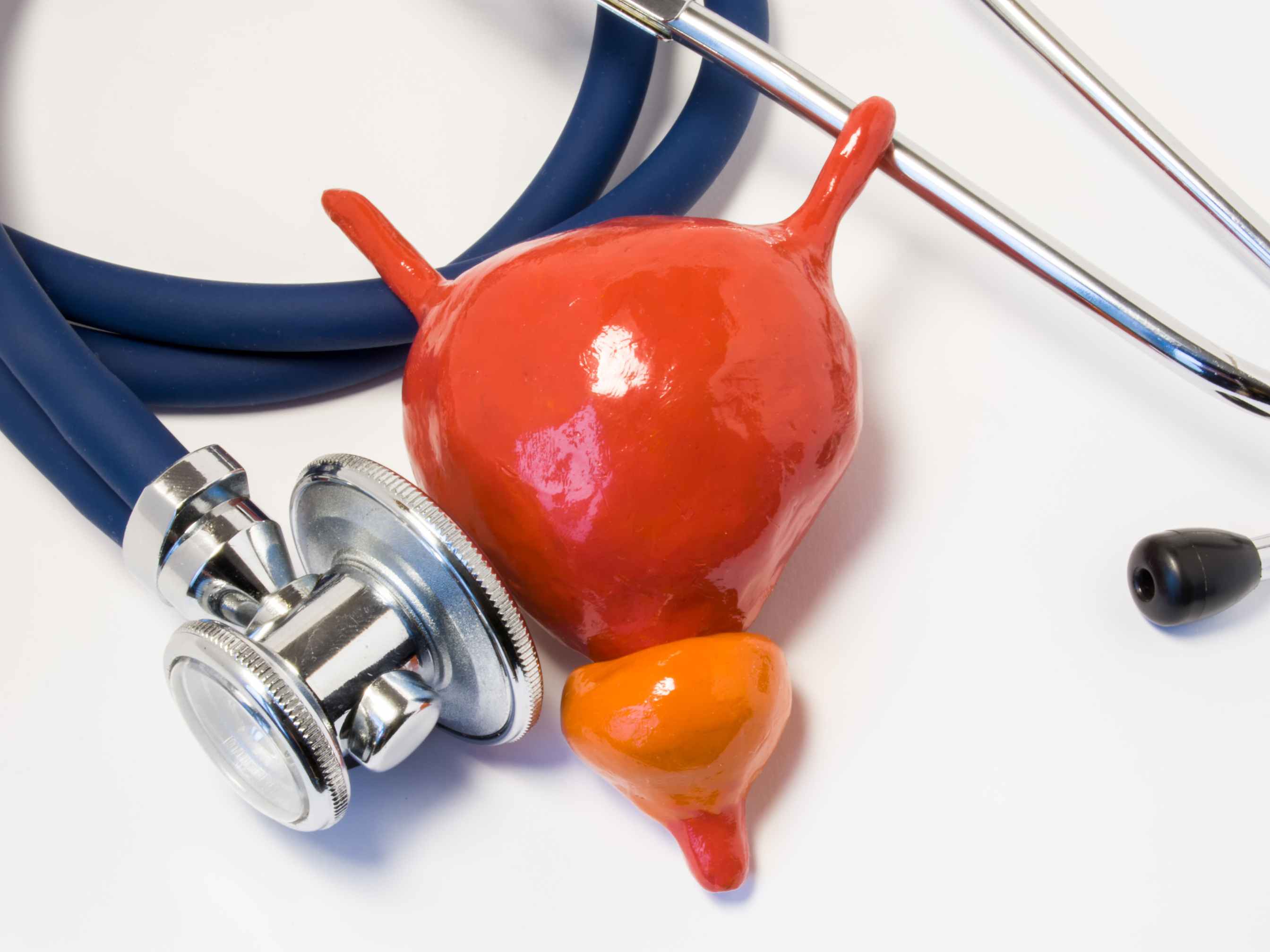Introduction
The prostate is one of the essential glands in the male reproductive system. It plays a pivotal role in semen production, regulating ejaculation, and maintaining urinary health. Furthermore, any dysfunction in the prostate directly impacts sexual performance and reproductive health, potentially causing erectile dysfunction, reduced libido, and difficulties with ejaculation.
As men age, the risk of developing prostate-related conditions such as prostatitis, benign prostatic hyperplasia (BPH), and prostate cancer increases. These conditions can negatively affect sexual performance. Therefore, maintaining prostate health through proper nutrition, regular exercise, and routine checkups is crucial for a healthy sexual life.
The Role of the Prostate Health in Sexual Function
1. Semen Production and Fertility
The prostate produces a significant portion of the seminal fluid, which nourishes and helps sperm move effectively. Consequently, prostate health directly affects semen quality, influencing fertility and reproductive potential.
2. Erection Control
Although the prostate is not directly responsible for erection, prostate-related diseases can interfere with the blood flow and nerve function necessary for an erection. Conditions like inflammation or prostate enlargement may compress nearby nerves and blood vessels, leading to erectile difficulties.
3. Ejaculation and Sexual Satisfaction
During ejaculation, the prostate contracts to expel semen through the urethra. However, when issues arise in the prostate, they can cause:
Painful ejaculation
Reduced semen volume
Difficulty reaching orgasm
Common Prostate Health Conditions and Their Impact on Sexual Health
1. Prostatitis
Symptoms:
Pain during ejaculation
Pelvic discomfort
Difficulty urinating
Effect on Sexual Function:
Prostatitis may cause pain during intercourse and ejaculation, leading to reduced sexual desire. If chronic, it can also contribute to erectile dysfunction.
2. Benign Prostatic Hyperplasia (BPH)
Symptoms:
Frequent urination, especially at night
Weak urine stream and incomplete bladder emptying
Lower libido and erectile difficulties
Effect on Sexual Function:
BPH compresses the bladder and urethra, potentially interfering with erection. Additionally, frequent urination may disrupt intimacy and affect sexual performance.
3. Prostate Cancer and Its Treatment Effects
Symptoms:
Difficulty urinating
Blood in urine or semen
Pain in the pelvic area or lower back
Effect on Sexual Function:
Treatments like surgery, radiation, or hormone therapy may lead to erectile dysfunction and reduced testosterone levels. In some cases, nerve damage during surgery may cause permanent sexual dysfunction.
How to Maintain Prostate Health for Better Sexual Performance
1. Follow a Healthy Diet
Consume antioxidant-rich foods such as:
Tomatoes: High in lycopene, which protects the prostate
Leafy greens: Help reduce inflammation
Nuts and seeds: Excellent sources of zinc for prostate function
Moreover, it's advisable to limit red meat and processed foods to minimize inflammation.
2. Exercise Regularly
Aerobic activities like walking and swimming improve circulation and reduce the risk of prostate enlargement. In addition, pelvic floor exercises (e.g., Kegels) enhance bladder control and sexual performance.
3. Get Routine Prostate Checkups
Men over 40 should regularly consult a doctor for prostate screenings. Specifically, PSA (Prostate-Specific Antigen) testing can aid in the early detection of prostate problems and cancer.
4. Maintain a Healthy Sexual Life
Some studies suggest that regular ejaculation may lower the risk of prostate enlargement. Furthermore, open communication with a partner can reduce anxiety related to prostate and sexual health.
5. Limit Alcohol and Caffeine Intake
Alcohol and caffeine may irritate the bladder and worsen symptoms of BPH. Therefore, reducing consumption can improve urinary and prostate health.
6. Manage Stress and Get Adequate Sleep
Chronic stress elevates cortisol levels, potentially disrupting male hormones and prostate health. As a result, quality sleep helps restore hormonal balance and reduce inflammation.
Treatment Options for Prostate Health -Related Sexual Issues
1. Medications
Alpha-blockers: Relax prostate muscles and improve urine flow
5-alpha-reductase inhibitors: Reduce prostate size but may impact libido
2. Surgery
Surgical interventions for severe BPH or prostate cancer can affect erection and ejaculation, depending on the extent of nerve involvement.
3. Hormone Therapy
Often used for prostate cancer, this treatment may lower testosterone levels and lead to reduced sexual function.
4. Pelvic Floor Therapy
Kegel exercises and physical therapy can enhance bladder control and support sexual performance.
When to See a Doctor
You should consult a healthcare provider if:
You experience persistent urination issues or erectile dysfunction
You feel pain during ejaculation or notice blood in urine/semen
You have a family history of prostate cancer
Conclusion
Prostate health is deeply connected to sexual function. By adopting a healthy diet, staying active, getting regular checkups, and managing stress, many prostate-related issues can be prevented. In addition, men are encouraged to maintain a healthy lifestyle and seek medical advice when symptoms arise to ensure long-term prostate wellness and a satisfying sexual life.












